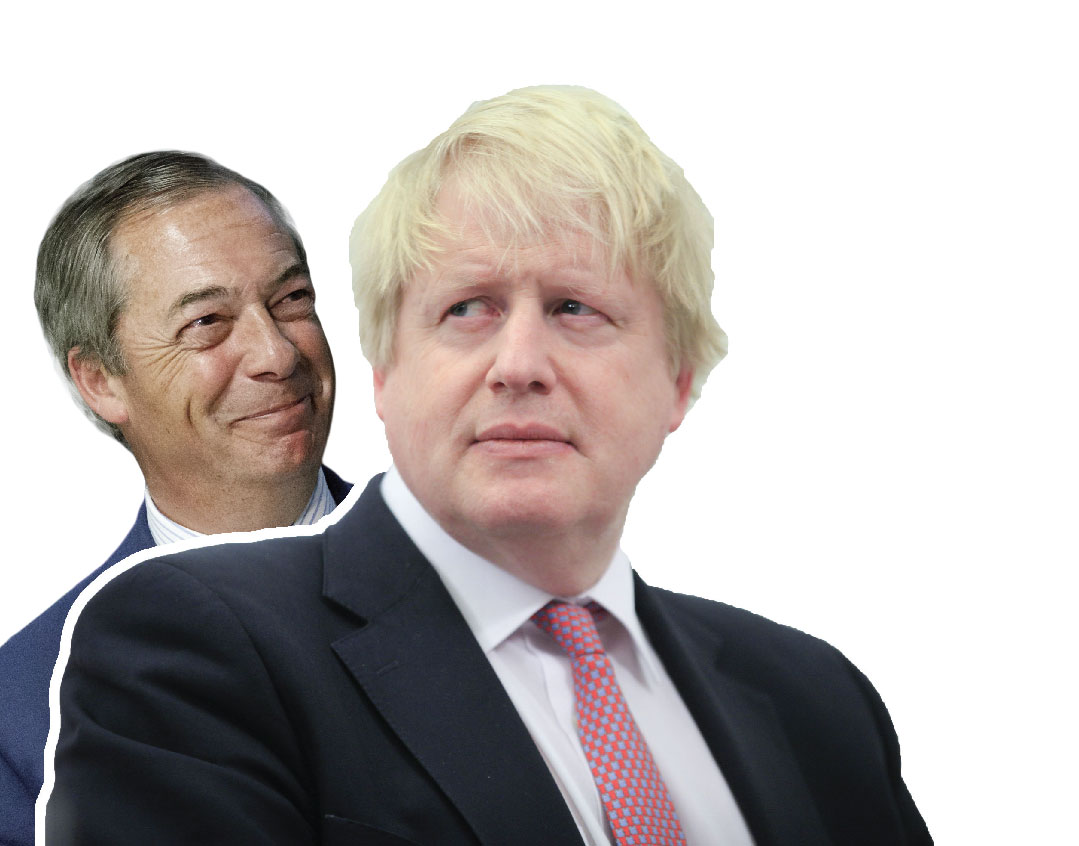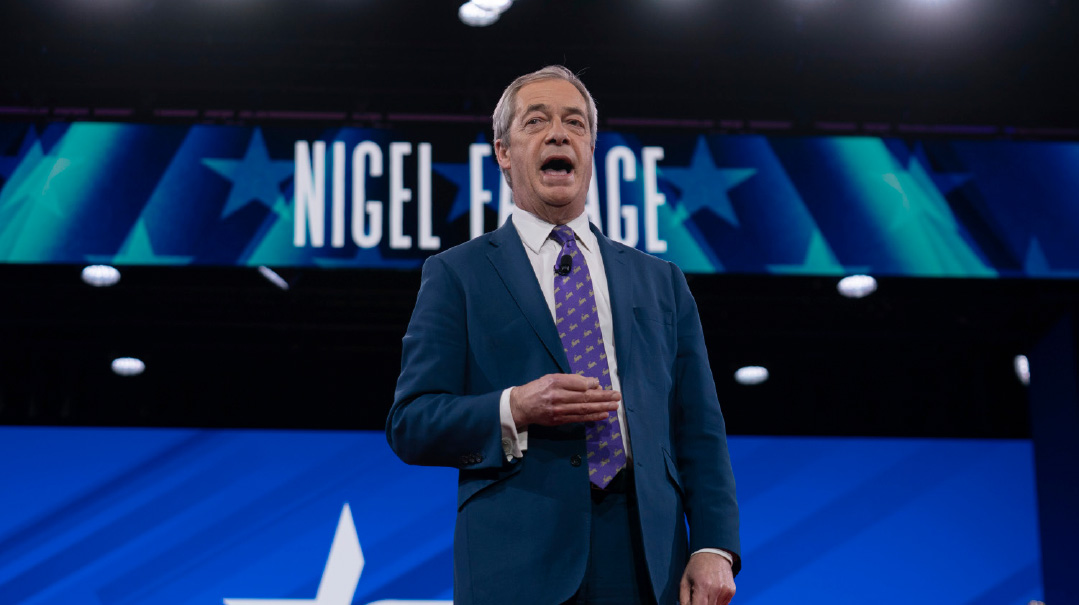The Last Days of May

How a failed Brexit could bring Corbyn to power

A
fter a political high-wire act lasting three years, during which she survived multiple attempts to bring her down, British prime minister Theresa May succumbed to electoral gravity last week and announced she would resign as Conservative Party leader on June 7.
May’s tearful resignation speech fired the opening gun on the race to succeed her as Tory leader and prime minister — a contest that has high stakes for Britain’s Jewish community. With Conservative voters looking to break the deadlock in negotiations to take the UK out of the European Union, the race is likely to bring a hard Brexiteer to power. The early polls give the lead to former foreign secretary and London mayor Boris Johnson.
“We will leave the EU on 31 October, deal or no deal,” Boris Johnson said, speaking hours after May’s resignation speech. “The way to get a good deal is to prepare for a no deal.”
Although the pro-Israel Johnson is seen as capable of defeating Jeremy Corbyn, a new path to power for the Labour leader (who reaffirmed his support for Hamas after this month’s Gaza flare-up) has opened: the reemergence of Brexit mastermind Nigel Farage, whose start-up Brexit Party could split the Conservative vote at the next general election.
A snap YouGov poll showed that more than a quarter of Britons think the maverick Johnson would make a good prime minister, nine points ahead of runner-up Home Secretary Sajid Javid. And a Politico-Hanbury survey earlier this month showed that Johnson, who combines showmanship and political ruthlessness, is the only candidate who can preserve the current level of support for the Tories.
But the tide turning in favor of a hard Brexit points to a decisive shift in the Conservative Party landscape: after months of drifting toward a softer Brexit and closer alignment with the EU, grassroots members have made clear that they want a hard Brexit, and more brinksmanship in negotiations.
Another sign of hardened attitudes toward the EU came from Work and Pensions Secretary Amber Rudd, who ruled herself out of the leadership contest for being on the softer end of the Brexit spectrum: “I am conscious that the Conservative Party wants to have someone who they believe is very enthusiastic about Brexit.”
Hemorrhaging cabinet members for most of her term, Theresa May finally lost the support of her ministers and backbenchers over the expected drubbing of the Conservative Party in last weekend’s European parliamentary elections. Having promised that the UK would leave the EU before those elections, and then having failed spectacularly to deliver on Brexit, May saw clearly that Conservative voters would punish her at the ballot box. And punish her they did: As the low-key election turned into a referendum on the future of Brexit, Farage’s Brexit Party took 31% of the vote, leaving the Conservatives with a miserable 8%.
It’s Farage’s comeback that should worry the next Tory leader — and Britain’s Jewish community — because it opens a door for Jeremy Corbyn, who has been polling in the low 30s and high 20s for the last month.
Farage is determined to upend Westminster and take on both main parties at the next general election. The beer-quaffing, man-of-the-people Farage has the proven ability to take a fringe movement into the mainstream, as he did with the UK Independence Party (UKIP), which pressured David Cameron into calling the Brexit referendum. Leading political analyst Professor Matthew Goodwin of the University of Kent showed that support for the Brexit Party of 30% would lose the Conservatives 113 seats, handing Corbyn the keys to 10 Downing Street.
So the key question remains whether any new Conservative leader can get a better deal from the EU than is currently on the table. If a Prime Minister Johnson delivers a successful (read: hard) Brexit, the stage will be set for a 2022 general election straight out of Karl Marx: Jeremy Corbyn, the rumple-suited socialist, versus Boris Johnson, the tousle-haired toff.
But if Johnson fails, furious Conservative voters are already showing that they’ll take their votes to the Brexit Party — and even the threat of Jeremy Corbyn may not be enough to stop them.
(Originally featured in Mishpacha, Issue 762)
Oops! We could not locate your form.













